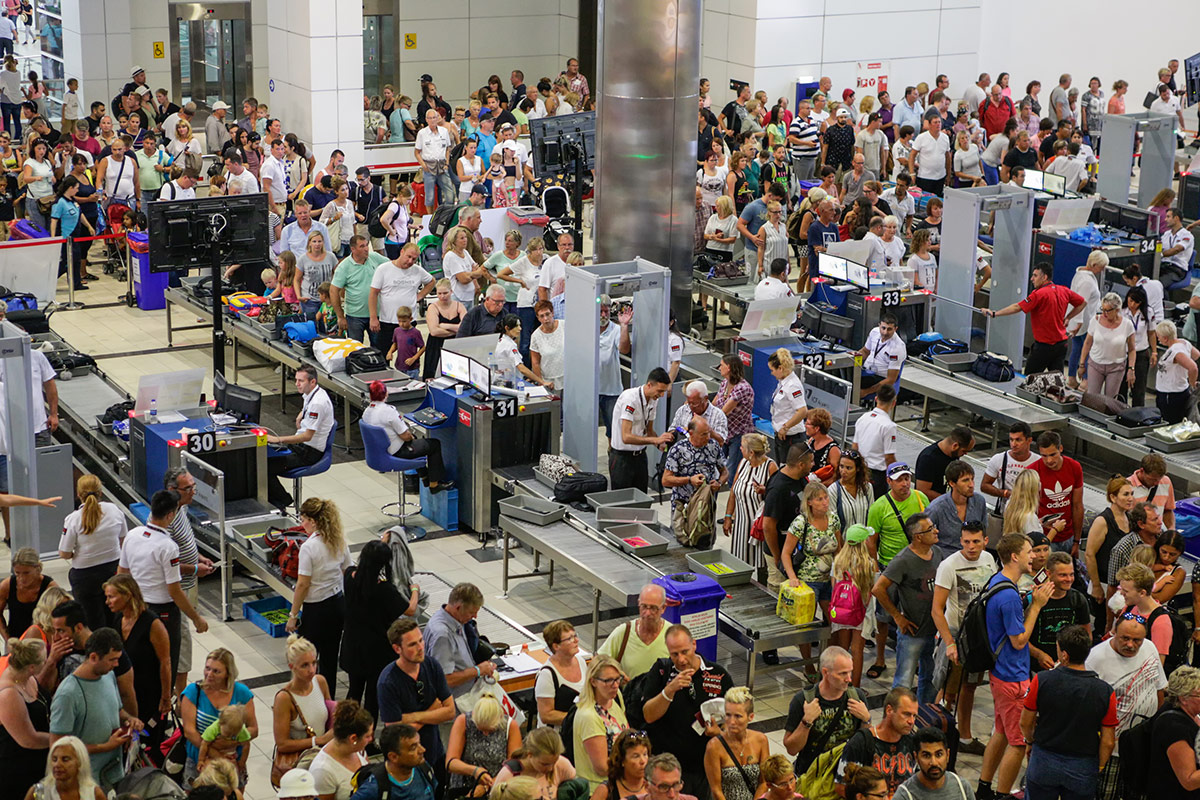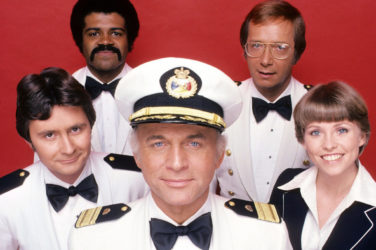Asked about finding inspiration for his songwriting, Neil Young once said, “new location, new information.”
When the legendary musician was recording the album After The Gold Rush in Los Angeles, and got stuck for an idea, he’d get in his old Buick, drive to a random spot, and wait for his muses to arrive. If nothing struck, he’d drive another block and pull over again, staring out his window, like it was a mobile movie screen.
What Young had tapped into was how travelling, whether it’s motoring around a single city block or flying across the Pacific Ocean, has a great habit of making everyday life seem new again. With the right mindset, even idle time spent overseas can help you become a better human.
Moments that drive you insane back home, either with boredom or anger, are completely different when you’re away.
Starting at the check-in line at the airport, and continuing at almost every juncture along the way, travel is basically a glorified lesson in patience and tolerance. Two values that are notoriously tough to develop in daily life, hiding them under the excitement of travel, changes everything.
From boarding a plane to ordering drinks at the bar, people have argued that travelling and standing around waiting for stuff to happen are one in the same.
The thing is, moments that drive you insane back home, either with boredom or anger, are completely different when you’re away. Waiting 15 minutes for a coffee in Anchorage, Alaska, or turning down the wrong street in Buenos Aires isn’t a big deal, because you change when you’re away, and you arrive home changed as a result.
No one is going to start promoting the number of hours in between the highlights of an itinerary, but maybe they should, because it’s often the downtime, and how you cope, that has as much impact as all the fun and adventure.




